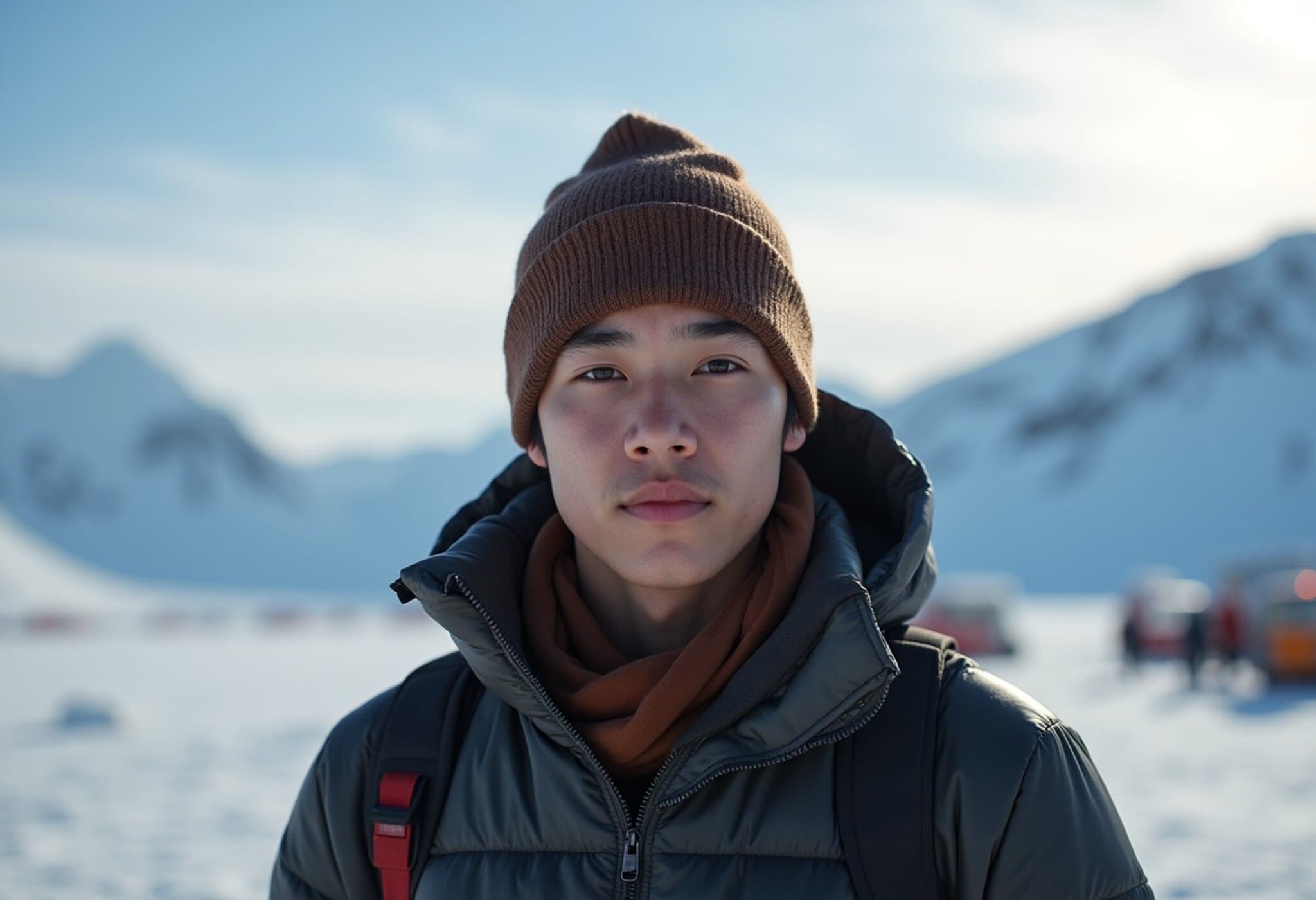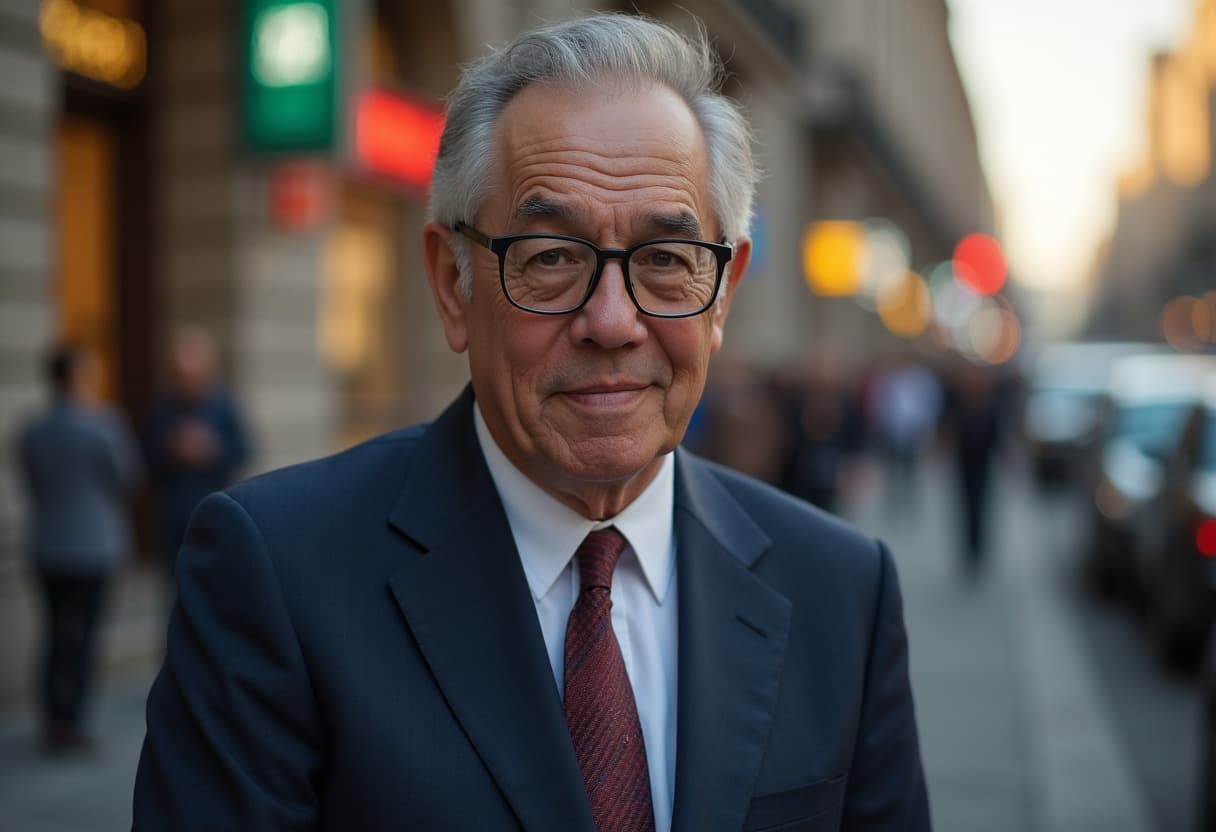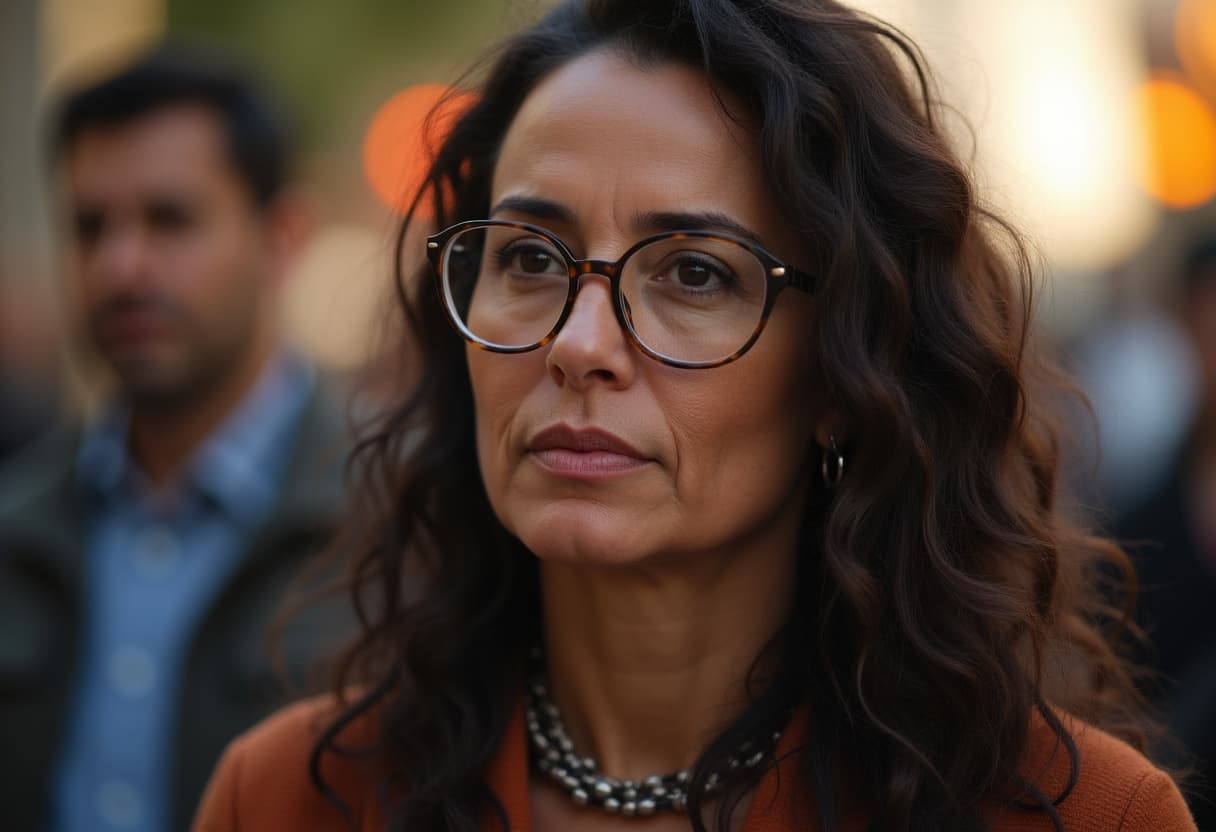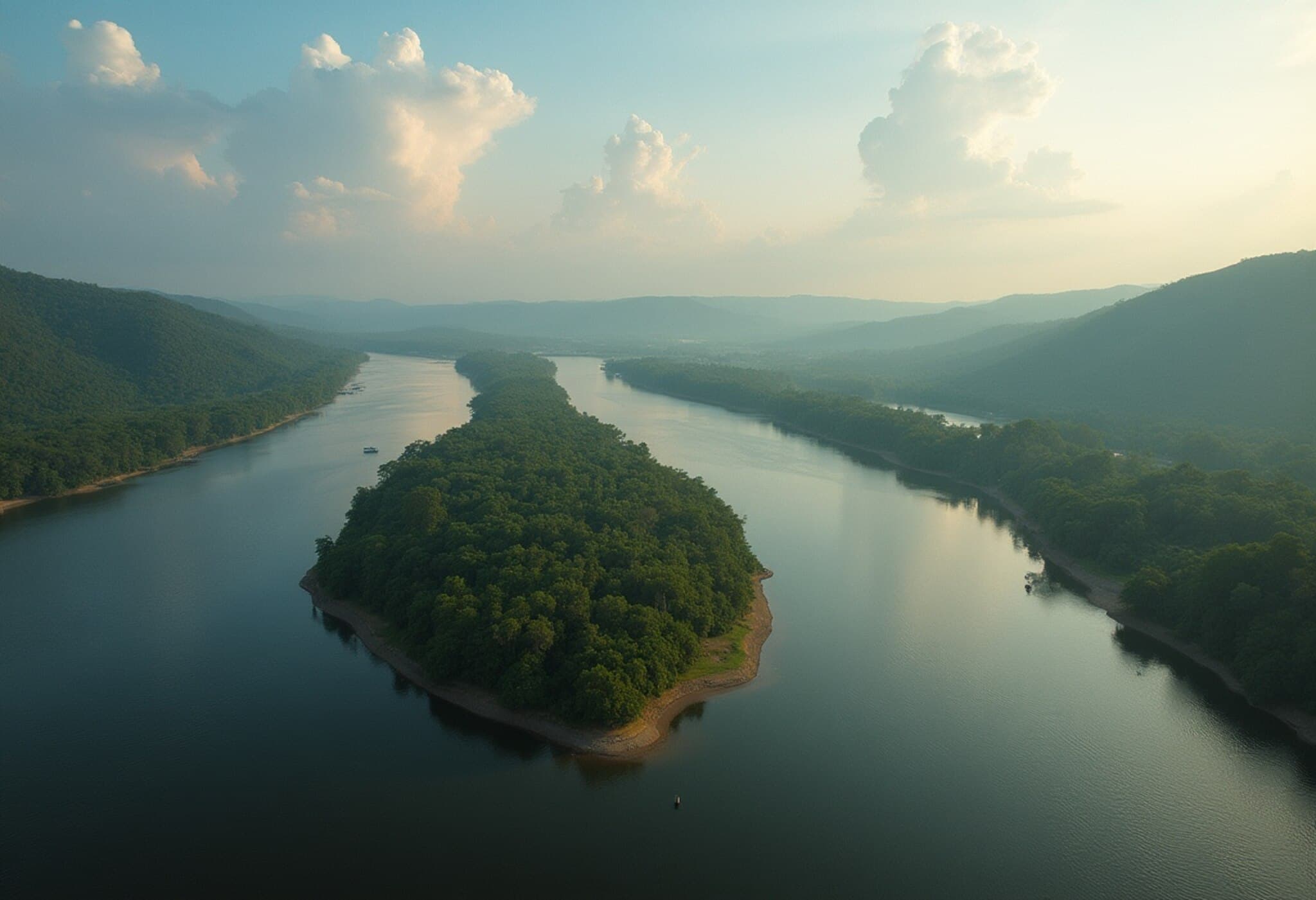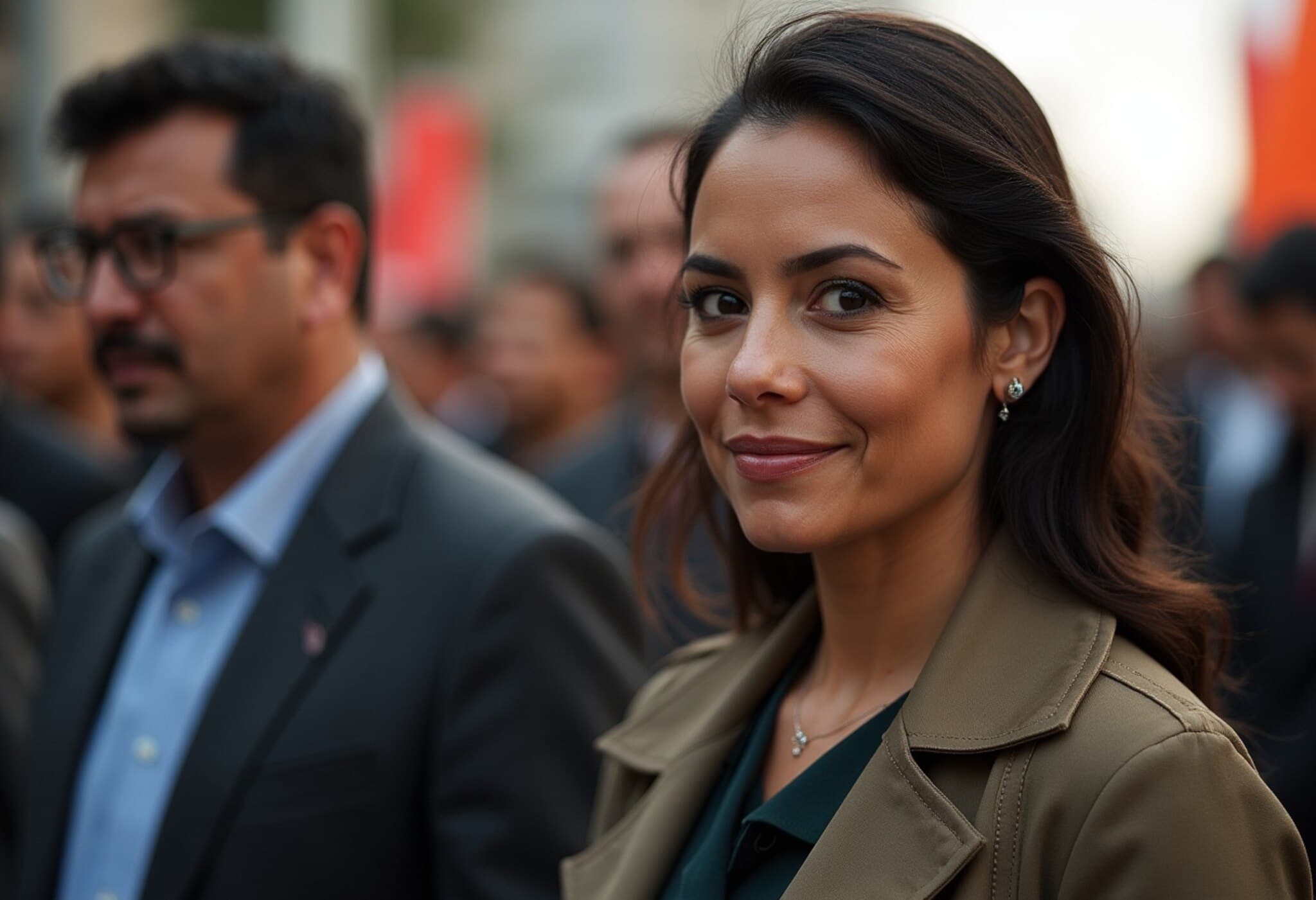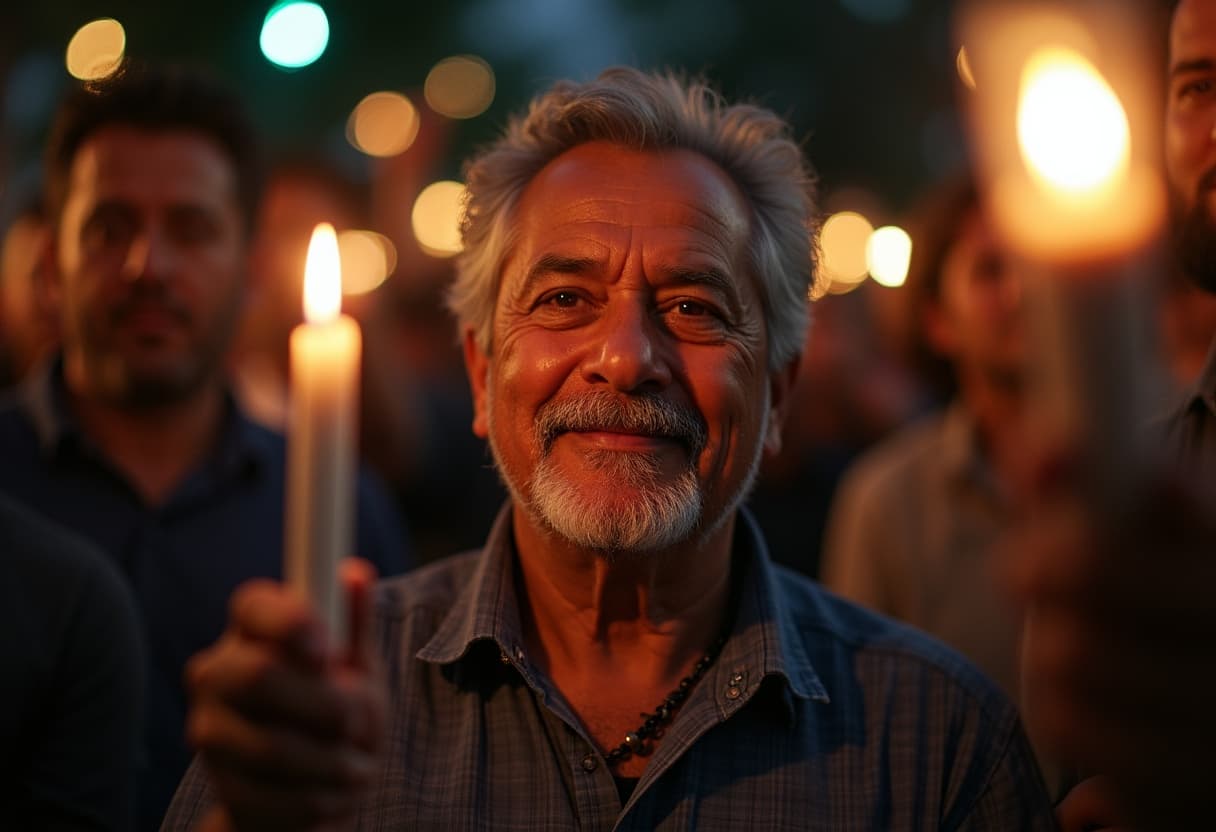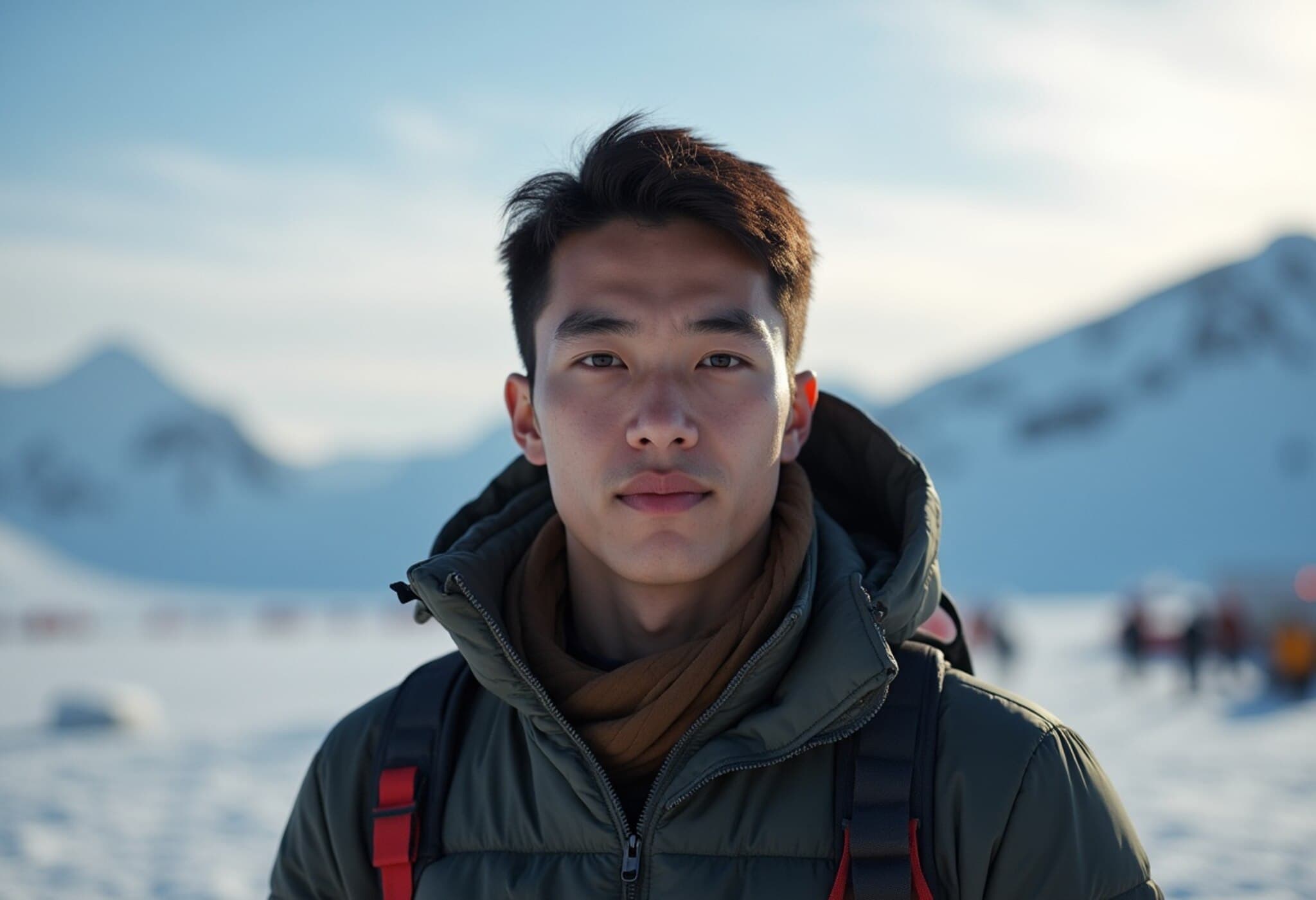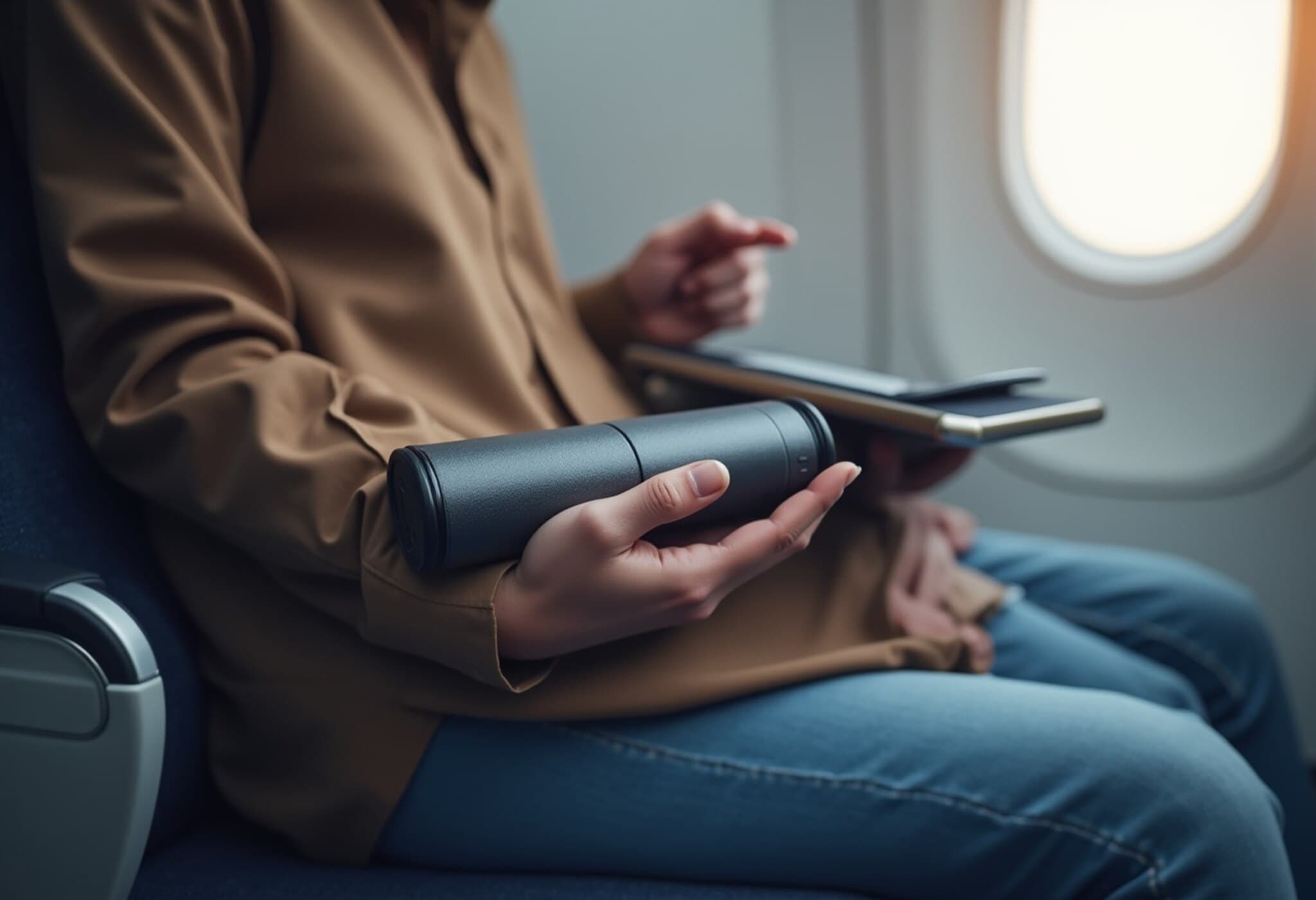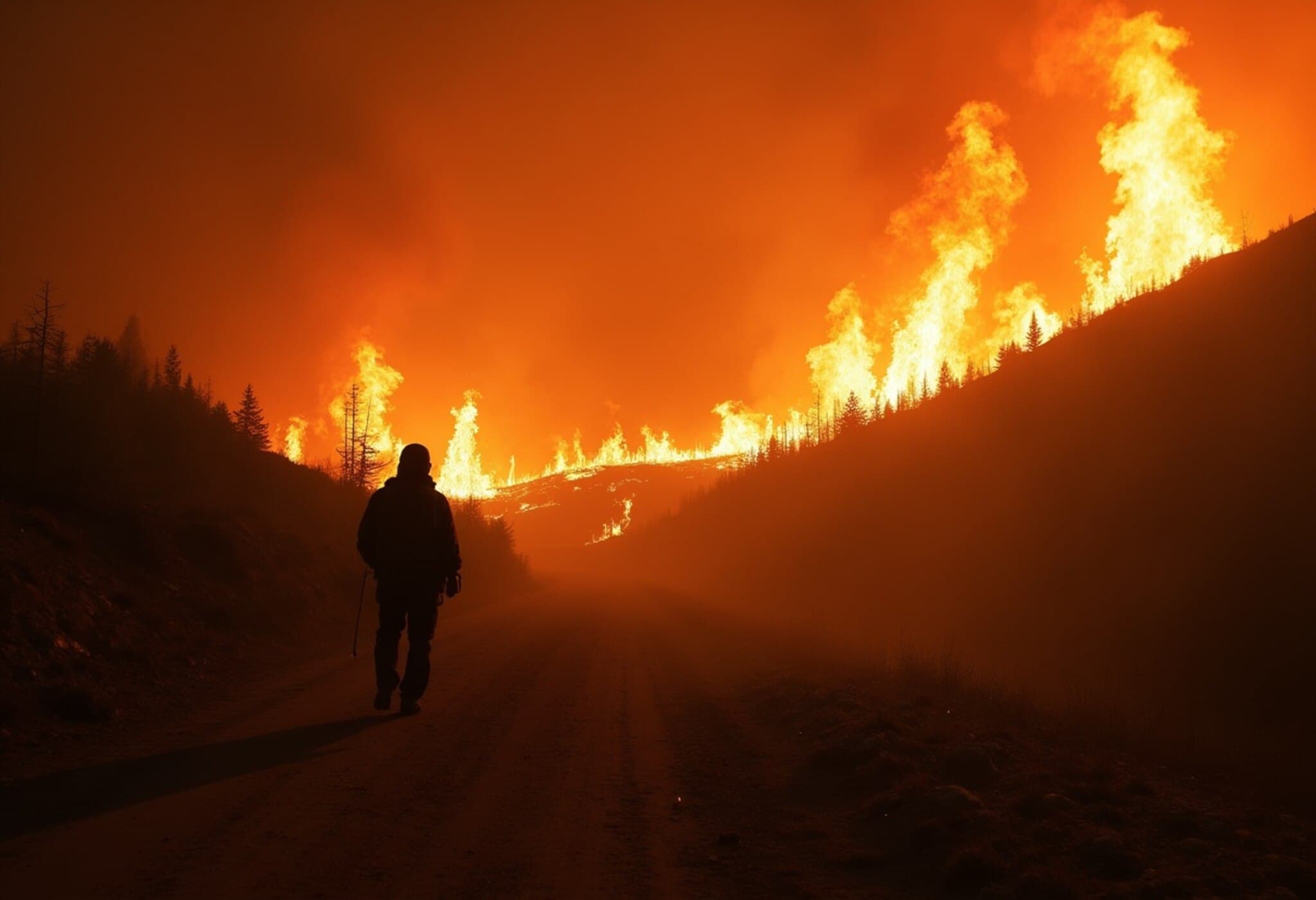Young American Pilot Trapped at Chilean Antarctic Base
At just 20 years old, Ethan Guo, an American pilot and social media content creator, finds himself in an extraordinary predicament. Since June 28, 2025, Guo has been effectively stranded at the Chilean air force base, Presidente Eduardo Frei Montalva, on King George Island near Antarctica. The hauntingly beautiful but harsh environment has become his unexpected home amid allegations from Chilean authorities that he landed his single-engine Cessna there without prior authorization.
Daily Life at the Edge of the World
Guo’s routine has been a stark contrast to his usual globe-trotting lifestyle. His meals are modest — bread with a teaspoon of butter, beans, lentil soup, or pasta — and his living quarters are a single room in a military barracks with spotty Wi-Fi. Over six weeks, he has ventured outside for barely an hour and has lost approximately 20 pounds, highlighting the extreme psychological and physical toll of prolonged isolation in one of the world’s most remote regions.
Legal Settlement with Restrictions, but Departure Uncertain
Earlier this week, a Chilean judge approved a deal in which prosecutors agreed to dismiss charges against Guo contingent on a $30,000 donation to a children’s cancer charity and a three-year ban on entering Chile. Yet the pressing question remains: How can Guo leave King George Island? The Southern Hemisphere is deep in winter, turning the island into a frigid, snow-laden expanse with subzero temperatures and treacherous weather conditions. Navigation over the Drake Passage—a notoriously perilous stretch between South America and Antarctica—poses grave hazards, having claimed lives in past tragedies such as the 2019 Chilean air force crash that killed 38 people.
Flight Safety Concerns and Disputed Claims
Chile’s aviation authority has stipulated that Guo cannot fly his Cessna off the island due to expired safety equipment—specifically life rafts and life jackets—and the absence of an anti-icing system critical in such cold climates. Officials also doubt the plane holds enough fuel for the roughly six-hour flight to Punta Arenas, Chile’s southernmost city.
By contrast, Guo maintains that his aircraft is in sound condition, sufficiently fueled, and that he wishes to depart with his plane. This standoff underscores broader questions about aviation safety standards in extreme environments and the challenges faced by solo pilots pursuing unconventional routes.
Behind the Controversy: The Flight Gone Awry
Guo was embarked on an ambitious mission to fly solo to all seven continents, aiming to raise $1 million for cancer research through his sizable online following of 1.4 million. His journey began in Memphis in May 2024 and has taken him across diverse terrains, documented candidly on Instagram, from engine troubles to scenic moments at the pyramids and Swiss lakes.
Antarctica was the last frontier before returning to South America, and after departing Punta Arenas on June 28 pre-dawn, Guo encountered severe technical difficulties. His navigation instruments failed in the darkness, his aircraft began to accumulate ice, his airspeed dropped, and he lost communication with controllers. Forced to choose between risking a crash into mountainous terrain or landing on King George Island, he opted for the latter, prioritizing survival.
Contrary to Chilean claims of a “false flight plan”, Guo's team presented evidence suggesting that he had unofficial clearance from a Chilean aviation official. This nuanced dispute reveals the complexity of regulatory frameworks in polar regions, especially for general aviation pilots attempting unconventional flights.
Life in Detention and Human Resilience
Detained at the remote base, Guo describes his existence as a mix of solitude and resilience. Restricted from leaving without an escort and struggling with language barriers, he has turned to books—like Isaac Asimov’s Foundation series about exiles shaping humanity’s destiny—to stay mentally afloat. Despite unreliable Wi-Fi and occasional disconnection from loved ones, his Chilean hosts mark milestones such as his 20th birthday, offering moments of warmth in an otherwise isolating experience.
Broader Implications: Aviation, Sovereignty, and Mental Health in Extreme Regions
Guo's saga highlights several underexplored dimensions:
- Aviation Safety in Polar Regions: The incident raises crucial questions about setting and enforcing safety protocols for private and small aircraft entering sensitive, remote territories.
- International Legal Complexities: Antarctica’s unique status under international treaties challenges conventional jurisdictional boundaries, complicating responses to incidents like unauthorized landings.
- Mental Health and Isolation: Guo’s account adds to growing awareness of psychological stressors experienced by individuals isolated in harsh environments, a concern increasingly relevant as humanity extends exploration to extreme frontiers.
What Lies Ahead for Ethan Guo?
With Chilean courts dismissing criminal charges after reviewing Guo’s evidence, the spotlight shifts to his physical departure. The aviation authorities’ insistence on commercial or official transport until weather conditions improve leaves Guo in a holding pattern. His insistence on flying his own plane home clashes with regulatory caution, underscoring tensions between individual agency and public safety.
As Guo continues to advocate for his right to fly and complete his charitable mission, his story resonates beyond a personal travesty—it unfolds as a case study in adventure, law, and survival at the planet’s edge.
Expert Commentary
Dr. Laura Bennett, a polar aviation safety expert from the University of Alaska, notes, "Guo’s experience exemplifies the critical need for stringent safety compliance in polar aviation. The absence of anti-icing equipment and life-saving gear presents significant risk, not just to pilots but also to rescue teams who might be mobilized." She adds, "This incident also emphasizes the importance of clear communication and legal clarity in managing remote airspace under multinational agreements like the Antarctic Treaty System."
Editor’s Note
Ethan Guo’s ordeal invites us to reflect on the fine line between daring exploration and enforceable safety, especially in some of Earth’s most inhospitable regions. It challenges policymakers, aviation authorities, and adventurers alike to rethink how regulations can both protect and enable innovative journeys. As Guo awaits his opportunity to return home, his story remains a compelling narrative about perseverance, international law, and the human spirit grappling with isolation. Readers are encouraged to consider: How should countries balance strict safety enforcement with individual ambitions in remote territories? And what mental health supports are warranted for those confined in extreme isolation?

